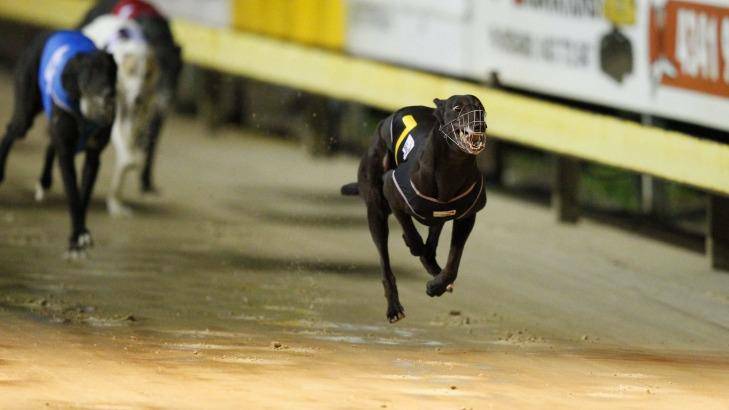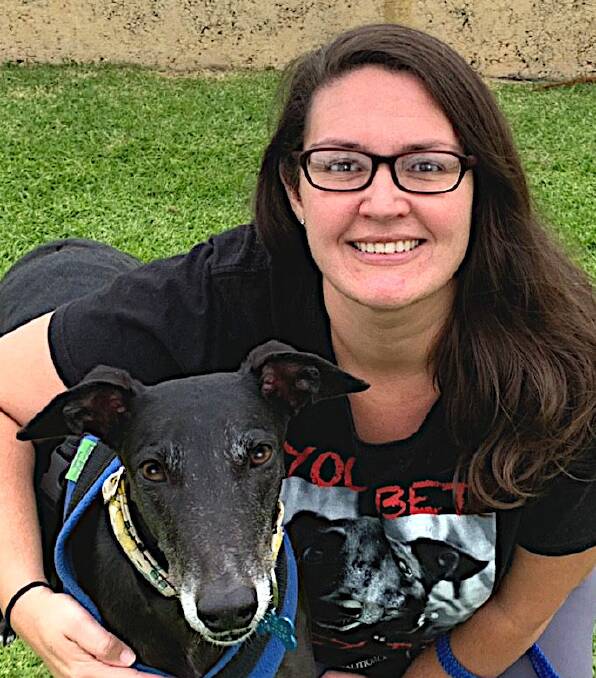
Racing and Wagering Western Australia (RWWA) is continuing to review its greyhound welfare protocol after four dogs were injured during racing in just one week at the Mandurah track.
Strawberry Swirl (foreleg shoulder injury), Rebellion Bay (fractured toe on foreleg), Ultra Performer (hind leg tarsal fracture) and Buddy Boy Turbo (hind leg hock fracture) all sustained injuries between August 27 and September 3.
RWWA has since confirmed two of the greyhounds have been stood down from racing for a period of time, while the remaining two have been retired and will be re-homed through their Greyhounds As Pets (GAP) program.
Read more:
"The injuries were detected as a result of immediate assessment following racing by the on-track veterinarian who applied and directed required care and treatment," a spokesperson for the governing body said.
The injuries have reignited calls from the Coalition for the Protection of Greyhounds (CPG) to change the format of racing in WA.
The CPG is urging RWWA to consider lowering the number of dogs in each race, and eliminate turns from tracks.

"The only way to stop this is to ban greyhound racing, but until that happens, the industry must reduce deaths and injuries by way of six-dog races and straight tracks," CPG WA divisional manager Andrea Pollard said.
"Racing these dogs for entertainment is unnecessary when it's inevitable some of them will get injured and some will die.
"Humans used to bait bulls and bears, but as a society we moved on and it's time to do that with greyhound racing."
Read more:
RWWA said they had already engaged outside consultancy to conduct a review of WA's three greyhound tracks, including Mandurah.
"The causes of injuries during racing involve numerous factors with many scientific studies proposing various elements that contribute to their occurrence, exclusive of other factors such as field sizes," a spokesperson said.
"As part of RWWA's continuous effort to ensure the highest level of welfare is provided to racing greyhounds in WA at all times, RWWA has engaged professor David Eager from the University of Technology Sydney to conduct a review of WA's three greyhound tracks, as was being undertaken nationally.
"We will also assess injury statistics from jurisdictions that have trialled six dog fields along with all other factors to determine appropriate field sizes."
The organisation remains adamant greyhound welfare is its top priority.
"RWWA is committed to ensuring that the best levels of care are given to greyhounds throughout all stages of their lives," a spokesperson said.
"In WA greyhound racing, 99.8 per cent of starters race safely without sustaining major injuries."
The governing body currently has two injury schemes in place, including their greyhound injury rebate which provides financial support to assist with vet costs and the greyhound injury full recovery scheme, where owners and trainers are encouraged to sign ownership of their dogs over to the GAP program.

